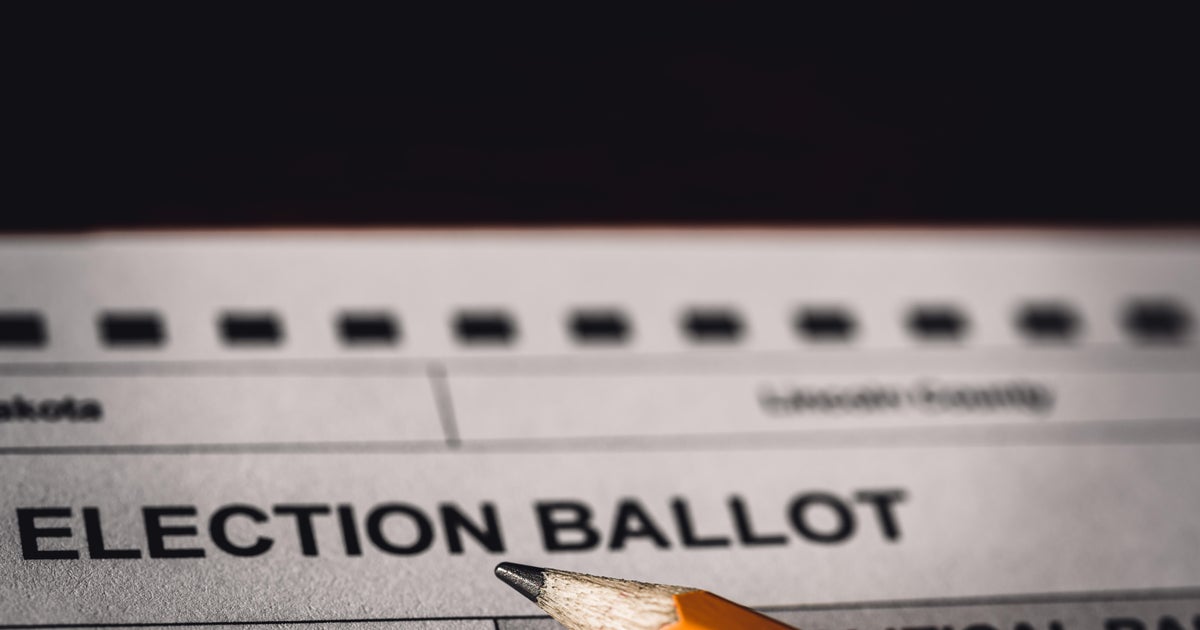Top U.S. election security official says adversaries have "sharpened" interference tools ahead of 2020
A top U.S. election security official warned on Tuesday that the country faces threats from adversaries beyond Russia, and can count on "more sophisticated" attacks from other state and non-state actors ahead of the 2020 presidential election.
"This is not a Russia-only problem," said Shelby Pierson, who serves as the intelligence community's election threats executive within the Office of the Director of National Intelligence. "Russia, China, Iran, North Korea, [and] non-state hacktivists all have opportunity, means, and potentially motive to come after the United States in the 2020 election to accomplish their goals."
Pierson spoke at a U.S. Election Assistance Commission summit in Washington, DC, where she also said key adversaries had likely honed and made adjustments to their interference tactics based on past actions taken by the U.S.
"They've learned from the volume of information that we have shared," Pierson said. "They have learned — certainly based upon red-teaming the results of some of our operations — and they have sharpened their own capabilities."
The U.S. intelligence community determined that Russia, ahead of the 2016 presidential election, engaged in a wide-ranging and systematic interference campaign that was designed to boost then-candidate Trump's chances of winning while damaging Hillary Clinton's.
To date, public evidence of U.S. election interference efforts by Iran, China and North Korea remains relatively scarce. Social media companies including Facebook and Twitter have several times removed pro-Iranian, state-sponsored materials from their platforms. In September 2018, President Trump accused China of "meddling" in the midterms against his administration because of its tougher trade policies. Mr. Trump later posted on Twitter what he called "propaganda ads" — images of paid ads China had placed in the Des Moines Register and other newspapers.
Intelligence officials have frequently cited the preparations and proactive steps agencies took ahead of the 2018 midterm elections as key to ensuring their security.
General Paul Nakasone, who heads U.S. Cyber Command and the National Security Agency, has said he would model those agencies' approach to the 2020 elections on the three-part process used in 2018: understanding adversaries, sharing information about them, and imposing costs on them if they attempted to interfere in U.S. political processes. (U.S. Cyber Command used an offensive attack to take a Russian troll farm offline in the run-up to the midterms.)
Pierson, who assumed her post in July, also said that the intelligence community would be making efforts to share more unclassified information about agencies' election security preparations, though it is unclear how specific that information would be and how frequently or widely it would be shared. In November, ODNI released a one-page framework governing how lawmakers, the private sector and the public would be notified of foreign interference.
"We are committed to sharing that information [related to adversaries] as we can with all relevant stakeholders, as we go forward into 2020," Pierson said. "This is a balancing act. And I recognize it's one that inevitably will leave certain parties unsatisfied."




